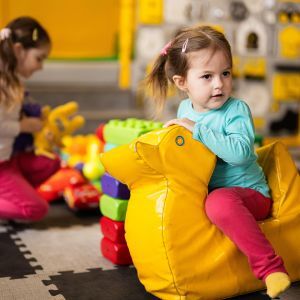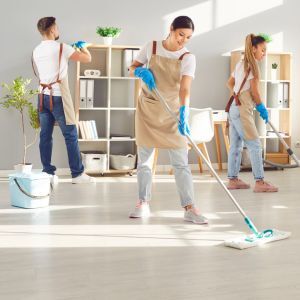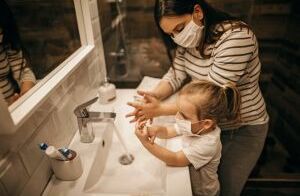Are Your Cleaning Products Child-Safe? What Every Daycare Should Know
If you manage a daycare or preschool in New Zealand, you know that maintaining hygiene is a non-negotiable part of your daily routine. But have you ever looked closely at what’s in your cleaning products? Many conventional cleaners used in early childhood centres contain chemicals that are not designed for use around young children—and could be putting them at risk.
Here’s what every ECE operator should know about identifying and using child-safe cleaning products.
Why Conventional Cleaning Products Aren’t Always Safe for Kids
Young children are especially vulnerable to harsh cleaning chemicals due to:
-
Smaller body sizes and developing immune systems
-
Frequent hand-to-mouth contact
-
Close interaction with floors, soft surfaces, and toys
Some conventional cleaning products may:
-
Contain bleach, ammonia, or formaldehyde
-
Leave toxic residues on surfaces
-
Irritate eyes, skin, or airways
Even products marketed as “natural” may contain synthetic fragrances or preservatives that can trigger allergies or asthma.
What Does “Child-Safe” Really Mean?
Child-safe cleaning products are formulated to be:
-
Non-toxic and free from harmful residues
-
Low in VOCs (volatile organic compounds)
-
Biodegradable and eco-friendly
-
Gentle on sensitive skin and airways
Look for certifications or claims such as:
-
Fragrance-free or naturally scented
-
“Safe for use around children”
-
NZ/AU regulatory compliance
-
Septic-safe or greywater-safe
Key Areas That Require Child-Safe Cleaning Products
In daycare and preschool settings, these high-contact areas should be prioritised for safer alternatives:
-
Change tables and bathrooms: Disinfect without harsh chemicals
-
Carpets and soft furnishings: Use enzyme spot cleaners to avoid synthetic carpet shampoos
-
Toys and play surfaces: Use child-safe multipurpose sprays that require no rinse
-
Kitchen and food prep areas: Only use food-grade cleaners
Looking to understand why enzyme-based products are gaining popularity in childcare settings? Read our full guide: Why Childcare Centres Should Use Natural Enzyme Cleaners (And How to Start)
Transitioning to Safer Cleaning Practices
-
Audit Your Current Products
Check product labels and Safety Data Sheets (SDS) for hazardous ingredients. -
Choose Enzyme-Based and Non-Toxic Alternatives
Natural enzyme cleaners offer safe and effective cleaning power for organic messes. -
Train Staff on Proper Usage
Ensure all staff understand how to dilute, apply, and store child-safe products safely. -
Communicate With Parents
Share your efforts to improve health and safety through newsletters, signage, or your website.
Partner With Insinc for Safer Cleaning
At Insinc Products, we supply New Zealand ECE providers with a range of child-safe, commercial-grade cleaning solutions. From non-toxic multipurpose sprays to food-grade sanitisers and enzyme-based floor cleaners, we help ensure your centre is clean and safe for little ones.
Explore Child-Safe Cleaning Products
FAQs
Q1: Are natural cleaning products always child-safe?
Not necessarily. Some “natural” products use strong essential oils or preservatives that may still cause irritation.
Q2: What ingredients should I avoid in a daycare setting?
Avoid products with bleach, ammonia, synthetic fragrances, and high-VOC content.
Q3: How do I verify a product is safe for children?
Check for certifications, read SDS, and ask your supplier about intended use and safety ratings.
Summary: Safe Cleaning Means Safer Kids
Choosing child-safe cleaning products isn’t just about ticking compliance boxes—it’s about creating a healthier environment for children to grow and thrive.
Insinc Products can help you make the switch to cleaning solutions that care for your kids as much as you do.
Posted: Saturday 27 September 2025



